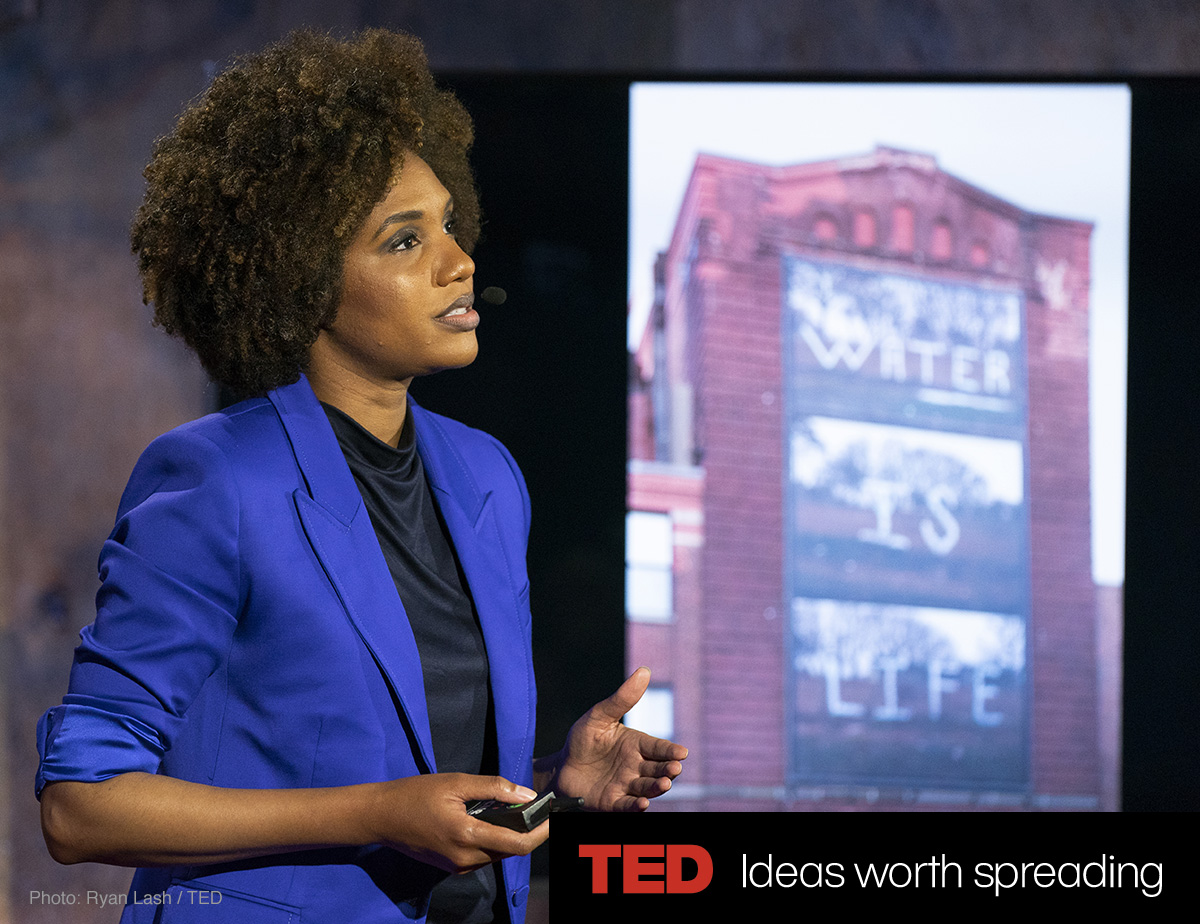The African-American Art Shaping the 21st Century
New York Times
Prominent black artists on the work that inspires them most.
OVER THE PAST 20 YEARS, a new vanguard of African-American creators has helped define the 21st century. Jordan Peele. Ta-Nehisi Coates. Kara Walker. Ava DuVernay.
It’s the first time since the 1970s that black art, history and political life have come together in such a broad, profound and diverse way. That convergence was evident in the farce of “Chappelle’s Show”; on the pair of albums D’Angelo released 14 years apart. You can see the imprint of the Barack Obama presidency on “Black Panther”; Black Lives Matter on Beyoncé; the country’s prison crisis on Kendrick Lamar. You can sense that convergence haunting the fiction of Jesmyn Ward.
For eight years, all sorts of black artists sailed through the White House, and shaped the depiction of black America, by thinking transcendently, trenchantly, truthfully. They adjusted the way the entire country can look at itself.
So we asked 35 major African-American creators from different worlds (film, art, TV, music, books and more) to talk about the work that has inspired them the most over the past two decades: “Atlanta,” “Moonlight,” “Get Out,” “A Seat at the Table,” “Double America 2,” and on and on. These are edited excerpts from the conversations.
From the start, black people have been at the center of American popular culture — essentially because white people placed them there, through imitation and mockery and fascination. Ever since, the struggle for black artists has been to wrest control of their own culture, to present themselves, in all of their complexity, diversity, innovation and idiosyncrasy, and represent one another, as rebuke, as celebration, as advancement.
So while the power these artists have attained might be a breakthrough, the primacy energizing their art is centuries old. Maybe these two decades of fertility and surprise constitute new territory. But, as these artists are about to explain, they amount to what someone like Beyoncé knows well: homecoming.
— WESLEY MORRIS

LaToya Ruby Frazier on Flint Activists
Amber Hasan Musician, author
Shea Cobb Poet, musician
Interview by Salamishah Tillet
LaToya Ruby Frazier: I’ve been on the ground here in Flint, Mich., ever since I did my first photo essay about the water crisis, which was published in the September 2016 issue of Elle magazine. Amber Hasan, her rap song “No Filter” was a big hit here that helped people understand the intensity of the water crisis. Her song inspired my photo essay.
Shea Cobb also did a poem that ran online with the Elle piece, about her daily reckoning with lead-contaminated water and trying to protect her daughter. Cobb and Hasan formed an artist collective called the Sister Tour with artists, activists and entrepreneurs that advocate for other women, artists, activists and entrepreneurs. These have been the women on the ground, keeping the narrative out there and trying to get access to clean water. These are everyday folks that people are not thinking about because they don’t know they’re out here doing grass-roots initiatives, and fighting for the quality and access to clean drinking water. As an artist, to stay with photographs and storytelling that lead to a solution, and to play a key role, and to be able to fund that solution, I couldn’t ask for more.
LaToya Ruby Frazier is an artist and academic.
Courtesy of: New York Times

